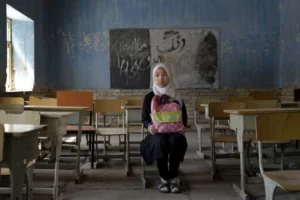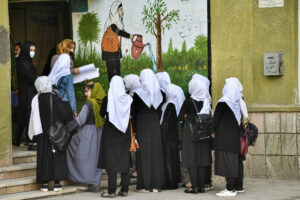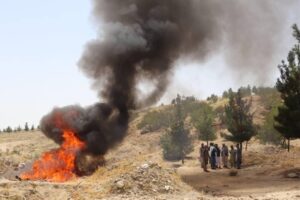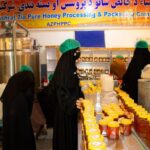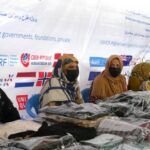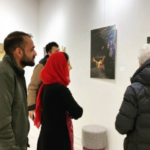Amina Mohammed, the Deputy Secretary-General of the United Nations, has recently stated that the severe regression of women’s rights and their exclusion from government and societal roles in Afghanistan is “clearly” visible.
Ms. Mohammed made these remarks at a United Nations meeting regarding the status of women globally, emphasizing that support for Afghan women must be strengthened and that their rights, agency, and participation should be defended at every opportunity.
She stressed that the international community and human rights organizations emphasize the support for the rights of women and girls, but there is still a need for greater solidarity and collective action in this regard.
During this meeting, the Deputy Secretary-General also reminded attendees that the United Nations and its partner organizations worldwide continue to support women and girls suffering from violence and crises.
According to her, this support includes providing food, shelter, access to healthcare services, psychological and social support, and creating job opportunities for affected women.
Amina Mohammed added that since 2016, the Women, Peace, and Humanitarian Fund has supported over 1,300 local women’s organizations in crisis-affected countries and has achieved significant milestones in supporting women’s rights and their participation.
However, Ms. Mohammed emphasized that the global community still needs to make greater efforts to mobilize financial resources and support local women’s organizations to achieve set goals and ensure that women can access their rights.
While Ms. Mohammed underscores the importance of respecting the rights of women and girls, the interim government has closed schools and universities to girls for the past three years.
Despite widespread reactions and repeated calls from the international community to lift these restrictions, the interim government has yet to show any flexibility.
It should be noted that the current government’s restrictions have resulted in millions of schoolgirls being deprived of education.
In addition, women are banned from going to sports clubs, restaurants, public baths, being examined by male doctors, traveling without a male guardian, and working in domestic and international NGOs as well as in UN offices in Afghanistan.



